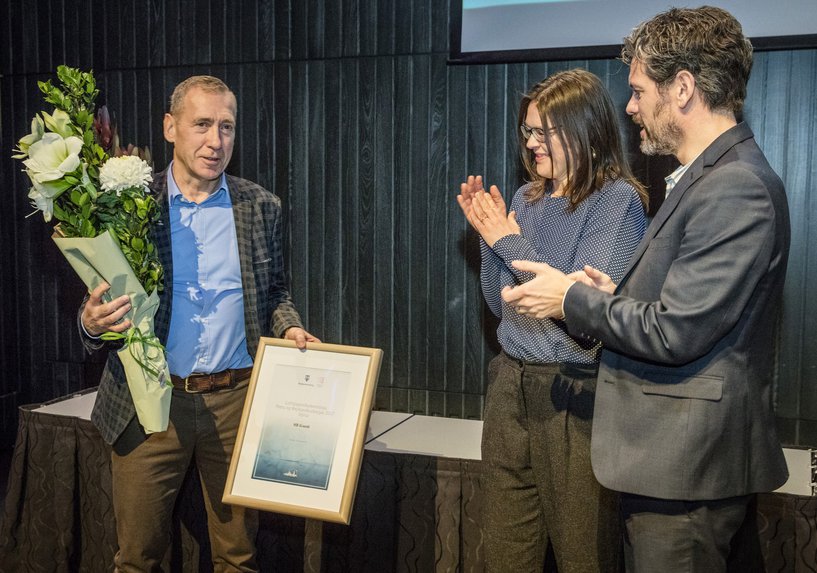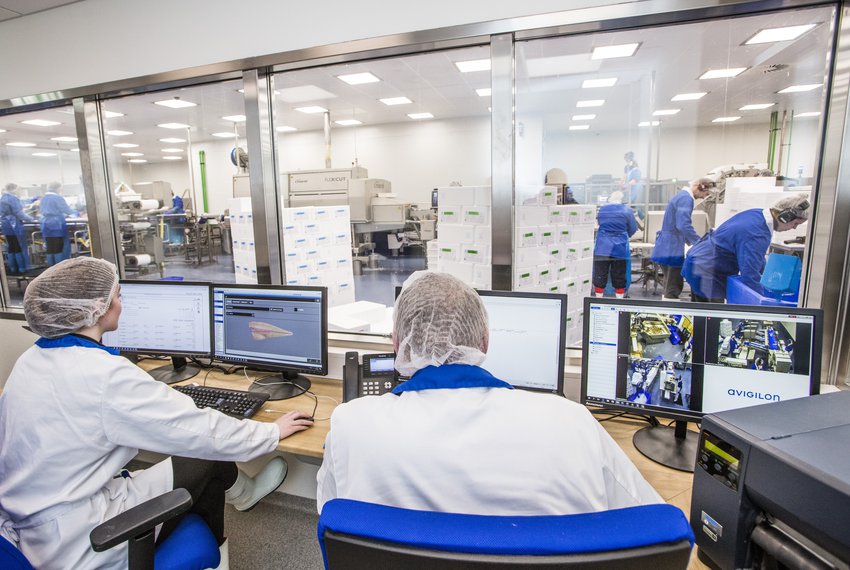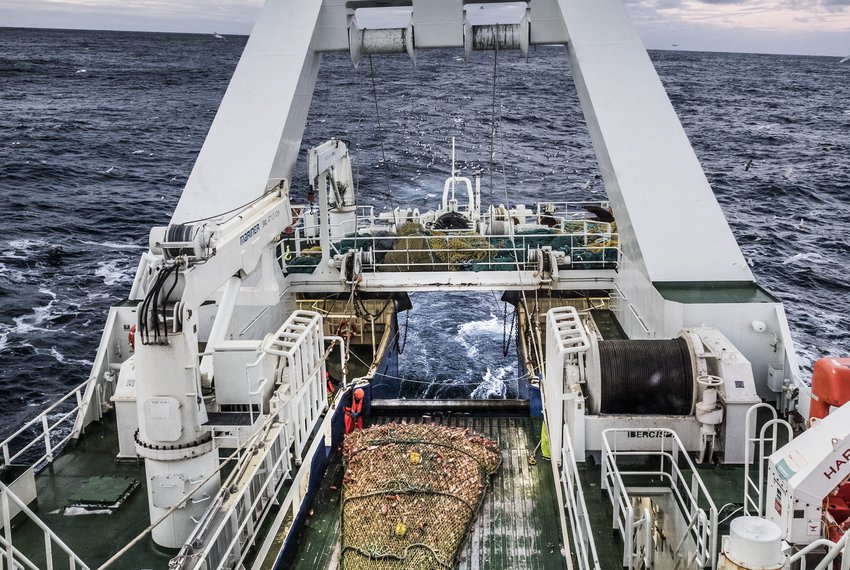CHANGES TO OPERATIONS
- In September, the groundfish processing plant of HB Grandi in Akranes was closed and the operation merged with the processing plant in Reykjavík.
- Around mid-year, HB Grandi restarted its groundfish processing plant in Vopnafjörður. Around ten years had elapsed since groundfish processing was last carried out by HB Grandi in Vopnafjörður.
- Three new wetfish trawlers were delivered during the year: Engey, Akurey and Viðey.
- Older vessels were sold during the year: Lundey, Ásbjörn, Þerney and Ottó N. Þorláksson.
- During the year, HB Grandi bought all the shares in Blámar ehf.
- HB Grandi purchased a third of the shares in Háteigur ehf., a fish drying company (currently named Laugafiskur) and agreed to participate in developing a processing plant to extract collagen proteins from fish skin in collaboration with Samherji hf., Vísir hf., Þorbjörn hf. and the Spanish company Junca Gelatines.
- A human resources department was established at the end of 2017.

DAILY OPERATIONS
- Work was carried out on the company’s policy formulation and was presented at the end of 2017.
- In December 2016, fishermen went on a strike which lasted until mid-February 2017. During the strike, the company’s fish processing staff on land kept their daytime salaries. The time was used to hold training sessions in fish processing, first aid and safety rules.
- The decision was made during the middle of the year to discontinue using heavy fuel oil.
- A documentary was made about the wet fish trawler Ásbjörn and premiered on Seamen’s Day.
- In March 2017, a safety report for HB Grandi was issued for the first time.
- The first smart container was set up for general waste in Akranes in August 2017.
- The HB Grandi Safety Day was held in October 2017.
- An online accident registration system was introduced and installed in November–December 2017.
- HB Grandi was awarded the Environmental Award of Festa and the City of Reykjavík in December 2017.
- The Marshall House was awarded the Icelandic Design Award in November 2017.
- Work began on equal pay certification
- A review was made of the registration of procedures relating to increased and changed legal requirements on privacy protection during the year.
- The development of an environmental database using automatic data collection continued.
- The implementation of the environmental management system of HB Grandi continued.
- Online versions of oil logs, ozone logs and fuel logs were designed and adopted by the company’s vessels.
- An environmental issue control system for the appropriate authorities was installed with the goal of providing authorities with powerful tools for inspection.

Issues
This section will touch on a few issues that arose in 2017.
The official HB Grandi policy is to promote responsible value creation from fisheries. This means maximising the value derived from shared natural resources that the company has been entrusted with and to do so economically.
The history of HB Grandi is a history of changes, innovation and technological development. The company intends to continue to shape the future of sustainable fisheries in Iceland.
HB Grandi intends to set a good example in the community, and company staff strives to be a credit to the company in all their work. Discussions on sustainability are aired regularly whenever the company makes changes to its operations. Even if such changes prove to be controversial, they are always intended to strengthen the company as a whole and ensure its continued success and that of those who work there.

